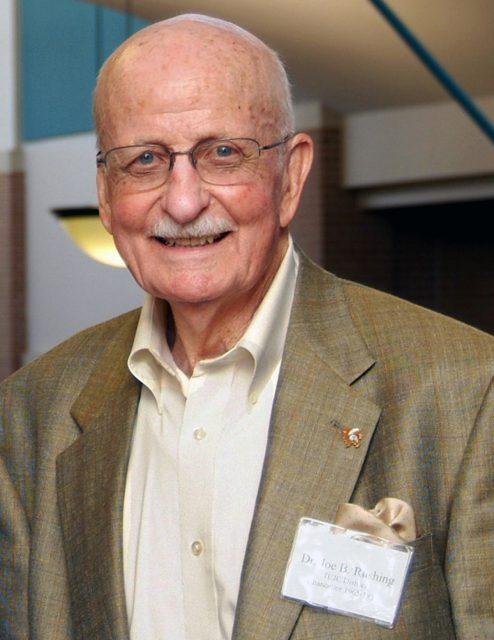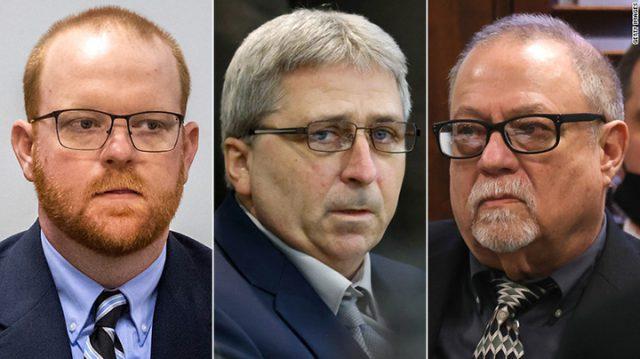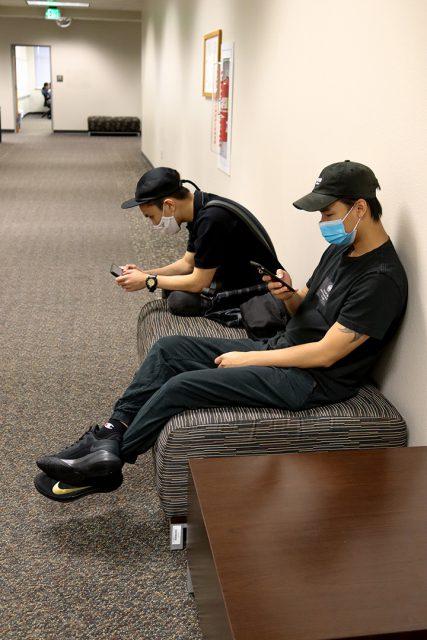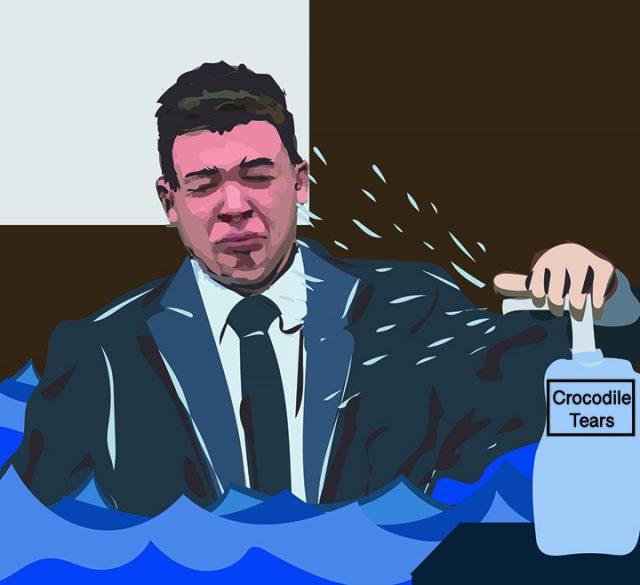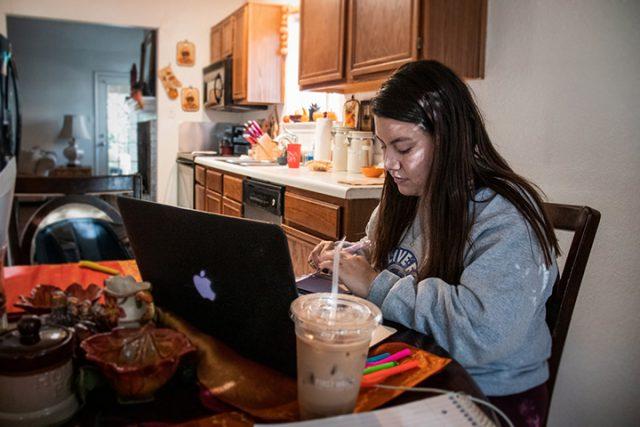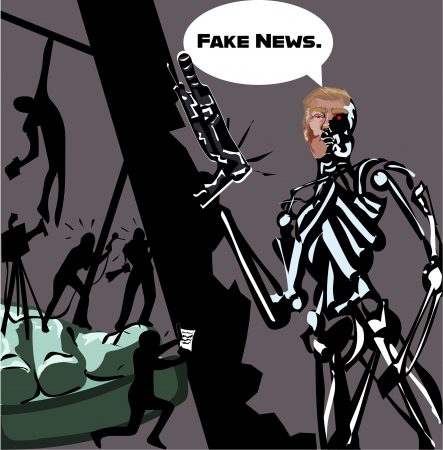
The ugly facts are not fake news.
According to the Charles Koch Institute, American leaders’ history of taking swings at journalists is a sign they are acting as they should: by shining an honest spotlight on authority.
So with a track record like Trump’s, it’s no surprise he’s spun his own “fake news” narrative.
And it worked.
A 2020 study by Pew Research Center shows a majority of Biden and Trump voters say they disagree on basic facts about relevant issues in America.
The 27% of Republicans who used Trump as a news source during the 2020 election were more concerned about provably false election fraud, according to another study by Pew Research.
In a third study, Pew Research reported Republicans reliant on Trump for news about the pandemic had a more favorable outlook on the handling of COVID-19, were more likely to trust Trump over health organizations like the CDC and were more likely to think COVID-19 was blown out of proportion, even as it continues to impact and end lives.
Trust in science and journalism has declined over the years, according to the General Social Survey, cited in an article by the Brookings Institution. This is thanks to a politically charged barrage on scientists and the press that dates before Trump’s presidency, according to Brookings.
Trump has been especially harmful by feeding into misinformation about COVID-19 and contributing to claims of election fraud that spiraled into an attack on the Capitol.
This has deeply divided the American people, from populations to families.
While no scientist is exempt from human error, and while no mainstream news outlet is perfectly unbiased, relying on a politician for news is a surefire way to only hear one side. Especially when it comes to power-hungry science-deniers.
A moment that set the Orwellian tone for Trump’s presidency occurred during an NBC News interview in 2017, days after Trump’s inauguration, with his senior counselor Kellyanne Conway.
She coined the use of an incorrect statistic by Trump’s press secretary, pertaining to inauguration attendance, not a mistake, but a presentation of “alternative facts.”
This may seem like a small misstep, but it demonstrated the nature of the Trump administration. Leading a country leaves no room for uncorrected errors, “alternative facts” or a disregard for the truth.
This begs the question: Amid all the conflicting signals, how does one avoid potentially harmful misinformation?
Staying informed is an excellent method. TCC offers classes on politics, debate, media, communications and more, and encourages critical thinking.
Furthermore, getting information from a variety of trustworthy sources, and learning to discern where a source’s bias may lie, is important for students to practice in academics and in life. Using websites such as Allsides or Snopes for fact-checking is also helpful.
Science and the press exist independent of the government for a reason. Students should continue to think critically and continue to be analytical while navigating the modern ocean of information.






















